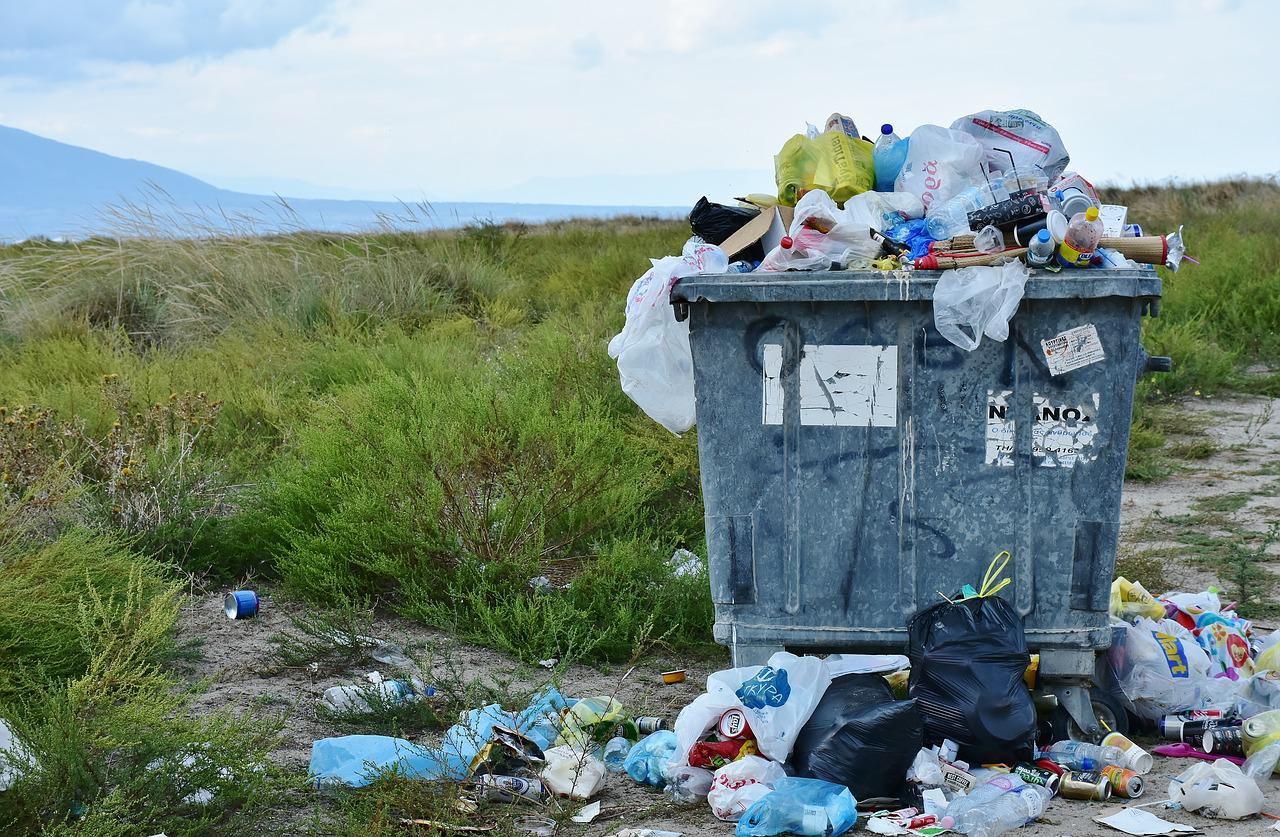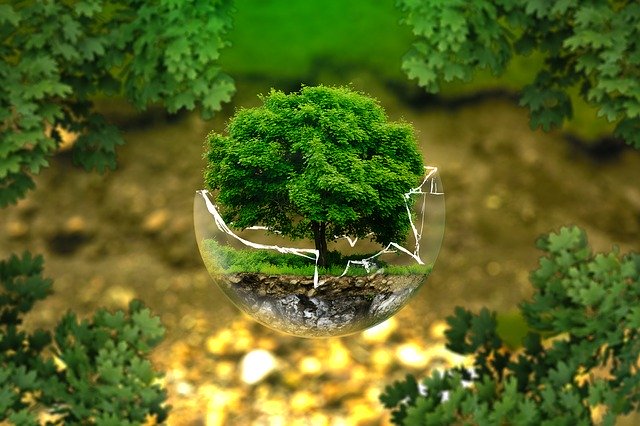Tag: reducing

General
The Dangers of Plastics: How They’re Harming Our Planet
Plastic is one of the most commonly used materials in the world. It’s cheap, versatile, and easy to produce. However, many people don’t know that Plastic is incredibly harmful to our planet. Plastic takes centuries to decompose, and it’s polluting our oceans and harming marine life. There are 6 ways continuous plastic usage will destroy our world, and here’s how we can reduce our reliance on it.
Killing Our Marine Animals
 We share this beautiful planet with a lot of God’s beautiful creations, including an abundance of marine life. Unfortunately, a lot of that marine life is being killed because of plastics. Every year, around 100,000 marine animals are killed by plastic pollution. This is because they either mistake it for food and eat it, or they become entangled in it and suffocate or drown. Either way, it’s a tragic death that could have been prevented.
We share this beautiful planet with a lot of God’s beautiful creations, including an abundance of marine life. Unfortunately, a lot of that marine life is being killed because of plastics. Every year, around 100,000 marine animals are killed by plastic pollution. This is because they either mistake it for food and eat it, or they become entangled in it and suffocate or drown. Either way, it’s a tragic death that could have been prevented.
How?
Reducing our reliance on plastic is the only way to save our marine animals. We can do this by using reusable shopping bags, carrying a water bottle with us instead of buying bottled water, and avoiding single-use plastics whenever possible.
Ruining Our Water Quality
While it’s devastating that marine animals are being killed by plastic pollution, it’s not just them that are being affected. Plastic pollution is also harming the quality of our water. In fact, 90% of the world’s drinking water is contaminated with microplastics. Microplastics are tiny pieces of plastic that come from things like microbeads (found in face wash and toothpaste) and plastic bottles that have been broken down over time. These microplastics are harmful to our health as they can contain toxins that can leach into our water supply. They can also absorb other pollutants in the water, which can then be consumed by marine life and eventually end up back on our plates.
What Can We Do?
Again, the only way to reduce the pollution caused by Plastic is to reduce our reliance on it. This means using reusable water bottles, avoiding microbeads and single-use plastics, and recycling any plastic that we do use. Not only will this help to reduce the pollution caused by plastic, but it will also help to preserve our water quality for future generations.
Pilling Up Waste
Plastic pollution isn’t just harming our environment; it’s also causing a massive waste build-up. In fact, it’s estimated that by 2050 there will be more plastic in the ocean than fish. This is because we currently produce over 300 million tons of plastic yearly, and less than half of that is recycled. The rest ends up in landfills or in the ocean. This build-up of plastic waste is not only unsightly, but it’s also extremely harmful to the environment. Plastic waste decomposes and releases toxins into the soil and water, which plants and animals can absorb. This can cause a whole host of health problems, including cancer.
What Should We Do About It?
The best way to reduce the amount of plastic waste is to recycle …
Read more
General
Simple Ways in Reducing Pollution
The impacts of environmental pollution are becoming impossible to avoid. Many businesses, organizations, and governments have been implementing changes for the better, but it is unclear what they can do for an ordinary citizen. It is said that doing one small thing for the environment has more than 5 times the regular effects. More specifically, doing little things can have a positive impact on our environment. There are small things that we can do that can have a big impact on the situation collectively. Below are some simple ways an ordinary person can help in reducing pollution and improving the environment.
Join a Cleanup
 One of the easiest ways in helping to reduce pollution is to join a nearby local cleanup. Beach cleanups are normal in towns near the coast, and they are normally held on a regular activity program and is hosted by environmental or local park organizations. Usually, it is free to join, and cleaning supplies are provided for volunteers. For people who live further away, various cleanups delegate a group of people to clean up a specific street for some time.
One of the easiest ways in helping to reduce pollution is to join a nearby local cleanup. Beach cleanups are normal in towns near the coast, and they are normally held on a regular activity program and is hosted by environmental or local park organizations. Usually, it is free to join, and cleaning supplies are provided for volunteers. For people who live further away, various cleanups delegate a group of people to clean up a specific street for some time.
Plant a Rain Garden
A rain garden is an elegant way that one can do in helping the environment because of the many benefits it can provide. A rain garden can filter stormwater, remove standing or stagnant water on your yard, create a habitat for butterflies and birds, and offer an aesthetic appeal and beauty to the landscape. Plants and dirt are tools that nature utilizes in filtering water. Impermeable surfaces like concrete and roads make filtering water naturally challenging. Rain gardens are a natural option in filtering dirty or polluted water.
Participate in Tree Planting
 Organizations and cities host tree planting or work parties. This is when a group of people gathers together to restore or maintain a portion of land. They extract invasive plants, and they usually plant native trees that grow naturally in the habitat. This activity does not require too much workforce since the trees are fairly small. Normally, the group can work quickly since many people are working to plant trees.
Organizations and cities host tree planting or work parties. This is when a group of people gathers together to restore or maintain a portion of land. They extract invasive plants, and they usually plant native trees that grow naturally in the habitat. This activity does not require too much workforce since the trees are fairly small. Normally, the group can work quickly since many people are working to plant trees.
Avoiding Single-Use Plastics
Single-use plastics are used primarily because of their convenience rather than a necessity. They are important for medical reasons but not generally the case for single-use plastic bags, straws, lids, wrappers, cups, and bottles. These items are replaceable nowadays by reusable alternatives and can reduce the carbon footprint and combat pollution by keeping them away from water and landfills. Single-use plastics affect marine life, wildlife, and sea birds. We must consider using reusable containers compared to single-use plastics.…
Read more